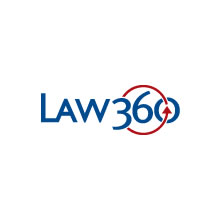Last week, the Sixth Circuit Court of Appeals reversed summary judgment orders in a Title VII sex discrimination case against Cintas Corporation, holding that the EEOC (the intervening plaintiff) should have been allowed to pursue a pattern-or-practice claim under §706 of Title VII using the analytical framework set forth in Int’l Brotherhood of Teamsters v. United States, 431 U.S. 324 (1977). The decision rejects the notion that the Teamsters framework can only be used in cases brought under § 707 of Title VII, paving the way for the EEOC to pursue pattern-and-practice claims under § 706, which allows for the recovery of punitive and compensatory damages.
In Serrano et al. v. Cintas Corp., the EEOC challenged hiring practices used for women who applied to work as truck-driving sales representatives in Michigan. The district court dismissed the EEOC’s pattern-or-practice claim on the grounds that the agency pled the claim under § 706 rather than § 707, which provides specific authorization for such claims. The district court also granted summary judgment for Cintas on thirteen individual claims that the EEOC had pursued, analyzing them under the McDonnell-Douglas framework. READ MORE →







